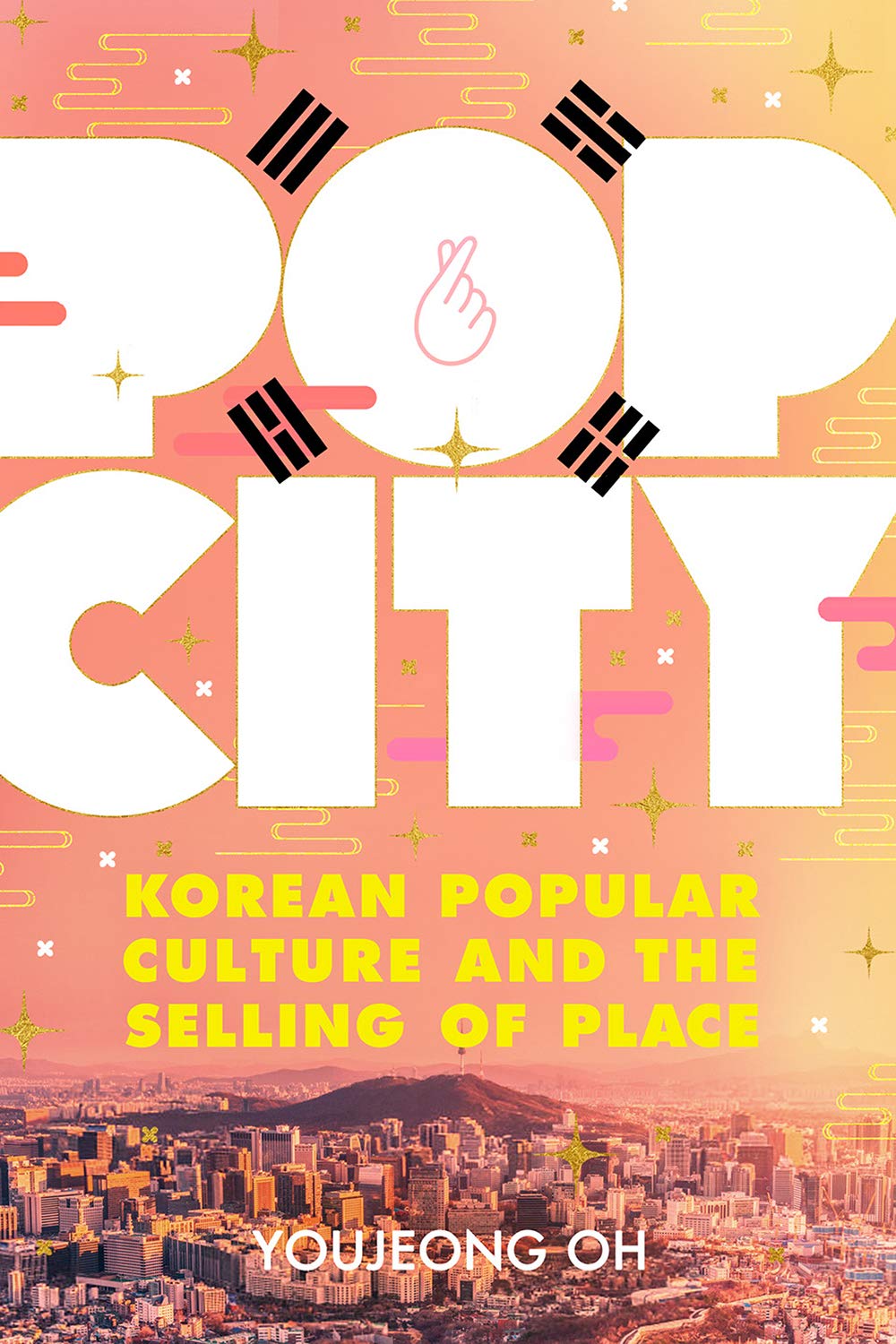Cornell University Press
Pop City: Korean Popular Culture and the Selling of Place
Regular price
$12.95 USD
Regular price
Sale price
$12.95 USD
Unit price
per
Shipping calculated at checkout.
Couldn't load pickup availability
Title: Pop City: Korean Popular Culture and the Selling of Place
Author: Youjeong Oh
ISBN: 9781501755538
Publisher: Cornell University Press
Published: 2021
Binding: Paperback
Language: English
Number of Pages: 252
Publisher Description: <p><b><i>Pop City</i></b><i> </i><b>examines the use of Korean television dramas and K-pop music to promote urban and rural places in South Korea.</b> Building on the phenomenon of Korean pop culture, Youjeong Oh argues that pop culture-featured place selling mediates two separate domains: political decentralization and the globalization of Korean popular culture.</p><p>By analyzing the process of culture-featured place marketing, <i>Pop City</i> shows that urban spaces are produced and sold just like TV dramas and pop idols by promoting spectacular images rather than substantial physical and cultural qualities. Oh demonstrates how the speculative, image-based, and consumer-exploitive nature of popular culture shapes the commodification of urban space and ultimately argues that pop culture-mediated place promotion entails the domination of urban space by capital in more sophisticated and fetishized ways.</p>
Author: Youjeong Oh
ISBN: 9781501755538
Publisher: Cornell University Press
Published: 2021
Binding: Paperback
Language: English
Number of Pages: 252
Publisher Description: <p><b><i>Pop City</i></b><i> </i><b>examines the use of Korean television dramas and K-pop music to promote urban and rural places in South Korea.</b> Building on the phenomenon of Korean pop culture, Youjeong Oh argues that pop culture-featured place selling mediates two separate domains: political decentralization and the globalization of Korean popular culture.</p><p>By analyzing the process of culture-featured place marketing, <i>Pop City</i> shows that urban spaces are produced and sold just like TV dramas and pop idols by promoting spectacular images rather than substantial physical and cultural qualities. Oh demonstrates how the speculative, image-based, and consumer-exploitive nature of popular culture shapes the commodification of urban space and ultimately argues that pop culture-mediated place promotion entails the domination of urban space by capital in more sophisticated and fetishized ways.</p>

